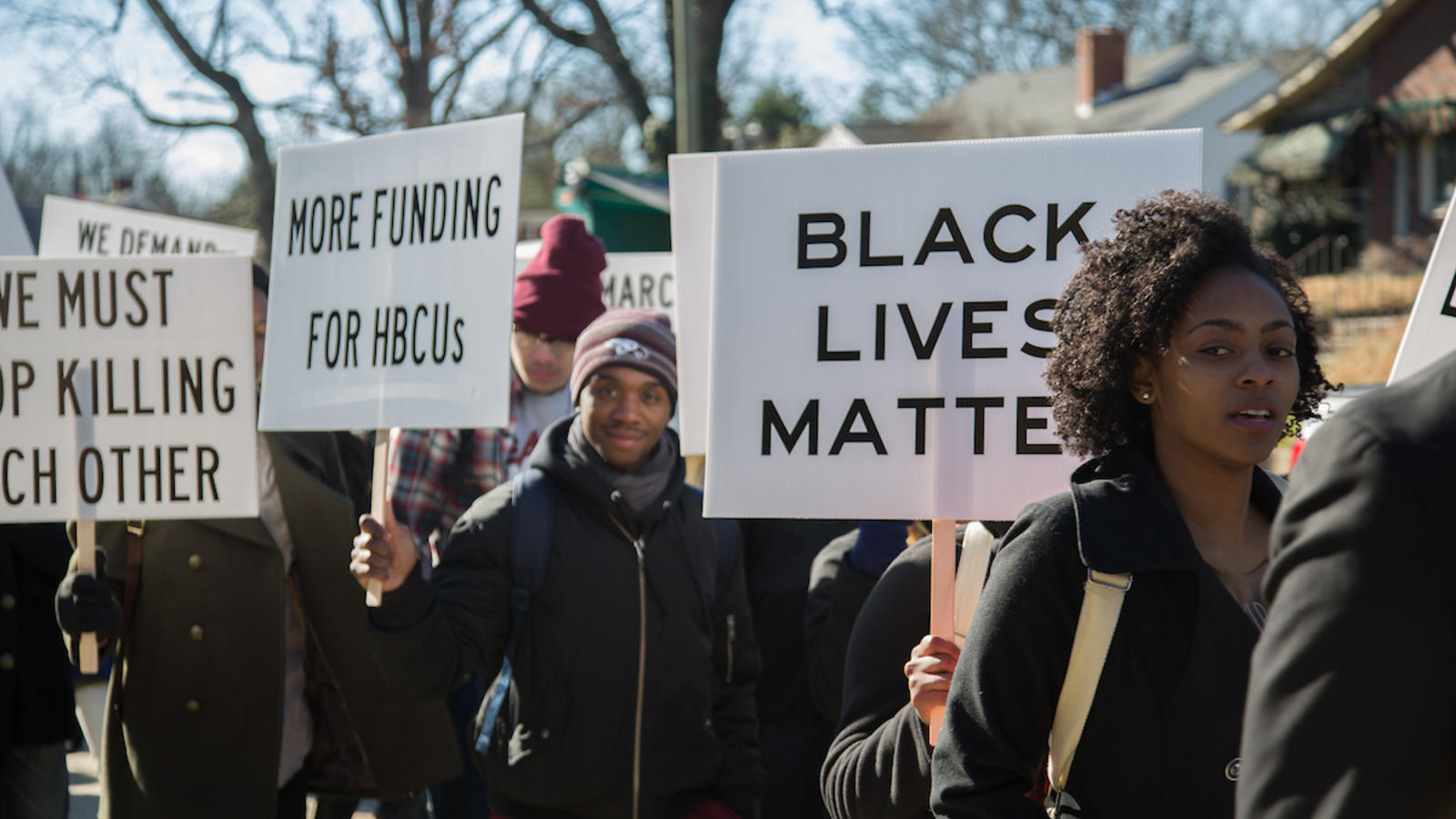The North Carolina Central University (NCCU) Department of Political Science has been awarded a three-year, $243,709 grant from the National Science Foundation (NSF) to examine the roles of elites, organizations and social movements in the government’s policymaking process.
The multi-campus project led by NCCU associate political science professors Jarvis Hall, Ph.D., and Artemesia Stanberry, Ph.D., also includes a team of researchers from Emory University, Georgia State University, Howard University and the University of Arkansas at Fayetteville (U of A – Fayetteville).
According to Hall, the partner institutions play an invaluable role as they are situated in pivotal states and locations that are at the heart of the recent shifts in political behavior, and thus in a prime position to lead efforts in understanding this new direction in American politics.
NCCU officials were first introduced to the grant opportunity by university alumnus Najja Baptist, Ph.D., assistant professor of political science at partner institution U of A – Fayetteville.
“North Carolina Central University has always been at the forefront of civic engagement,” says Hall. “We are grateful to Dr. Najja Baptist, a graduate of NCCU’s Political Science Department, for sharing this opportunity and helping us launch a network with our other partner institutions that will facilitate research on how organizations and movements work to drive participation, preferences and policymaking at the state and federal levels.”
The project will include the development of a rapid response mobile polling unit that will connect with individuals engaged in protests and elections. Through survey tools, focus groups and interviews with protesters and organizers, researchers will explore how organizations and low-participatory groups (i.e. young, racial and ethnic minorities, and disengaged citizens) drive political preferences and participation; the responses of policymakers regarding the collective demands of political organizations to seek out – or prevent – policy change; and interactions among organizations, decision makers and the electorate contribute to promoting and sustaining a more inclusive and resilient multiracial democracy.
“American politics tends to only reference the most memorable moments in history such as slavery, the civil rights movement, and the unfortunate murder of George Floyd,” notes Stanberry. “This research is essential as it will leverage and document this heightened awareness of political engagement that can be revisited and analyzed for its impact on both society and legislators.”
The grant will also provide research opportunities for political science majors.
“The project will train students to do research, including conducting polls, focus groups and interviews with policymakers as well as participants at rallies and demonstrations,” Hall explains. “Providing students with opportunities that will enhance their experience with qualitative and quantitative research methods will prepare them to be competitive candidates for graduate school, a key tenet of the university’s Eagle Promise.”
